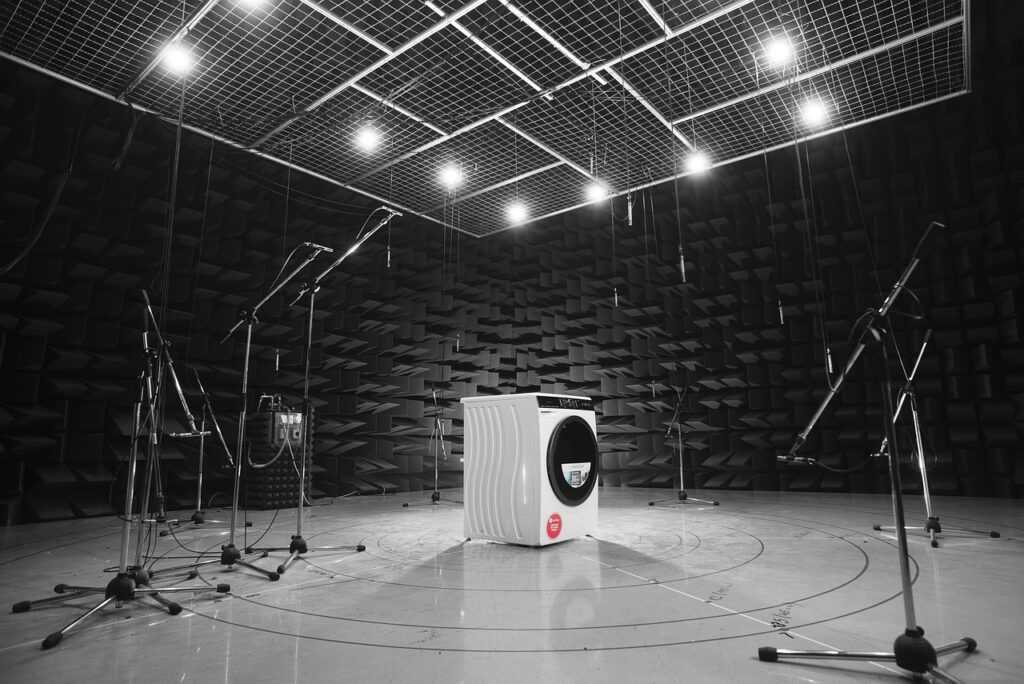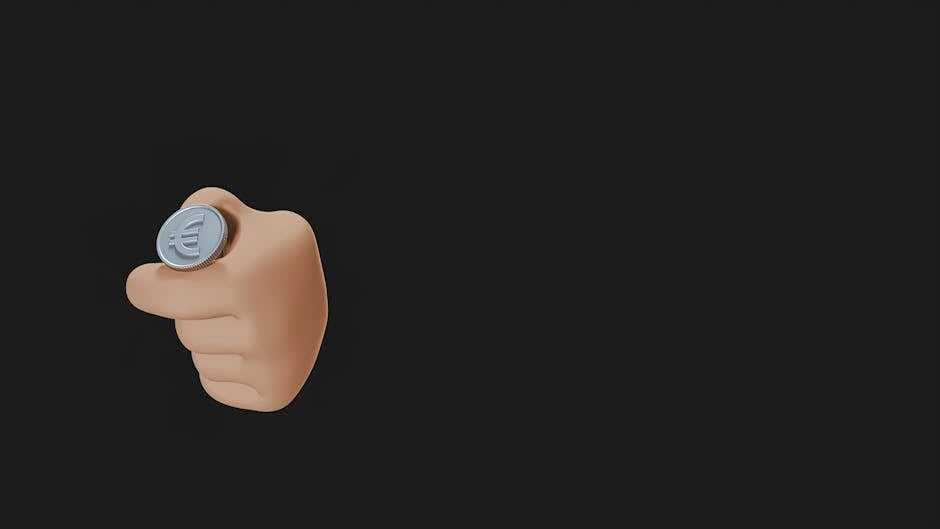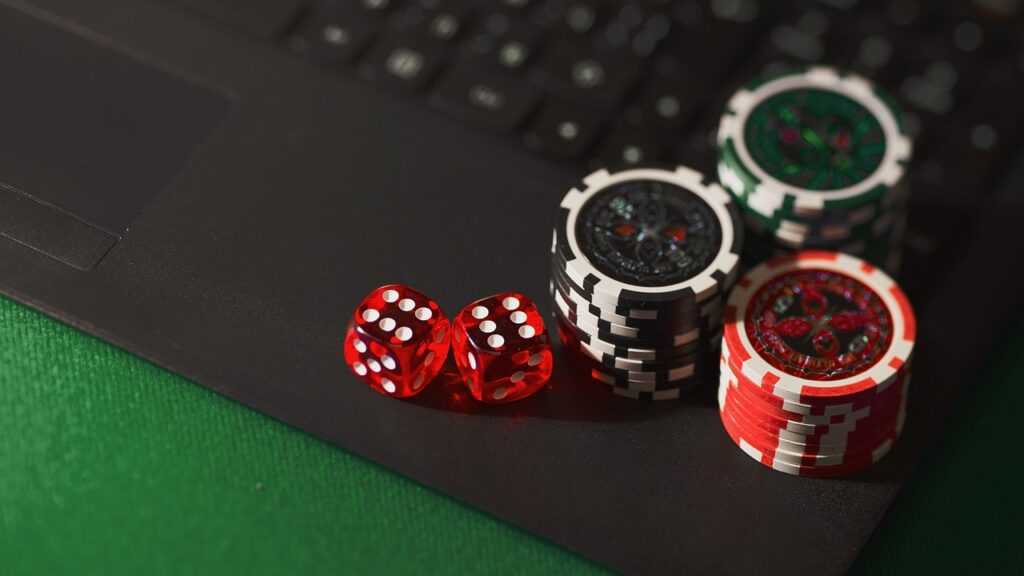2062215000 in Context
Sometimes, numbers like 2062215000 are automatically assigned to largevolume callers—universities, hospitals, or city offices. These numbers may be set up for outbound calls only, meaning you can’t call them back and get a human at the other end.
It’s also common for organizations to use pooled numbers. In plain English, multiple lines feed into one outbound number. So even if you get a legit call, calling back won’t necessarily reach the person who contacted you.
That’s not inherently shady; it’s just how call routing works. But it does make tracing things tougher.
The Mystery of 2062215000
So, what is 2062215000? On the surface, it looks like any other tendigit number—typical of U.S. phone formats. The “206” area code gives you the first clue. It’s located in the Seattle, Washington area. People often associate specific numbers with businesses, government agencies, or spam calls. The number 2062215000 is usually linked to an entity in the Seattle metro region, but its lack of clear, verified ownership raises questions.
A quick online search shows varying reports. Some users claim it’s from a university or college admin office in Seattle. Others say it’s used by collections services. The truth is, without confirmed, transparent sources, all we have are patterns and possibilities.
How to Investigate a Phone Number
When you see a number like 2062215000 and want to dig into its origin, here’s what you can do:
Google it first. Basic? Yes. Effective? Absolutely. Forums, scam reports, or legit business pages may mention the number. Use a reverse lookup service. Tools like Whitepages, Spokeo, and Truecaller can show reported names associated with numbers. Watch out for spoofing. Some scammers clone local area codes and known numbers to trick you into answering or trusting a call.
If you’d like to take it a step further, call the number from a different line. But do this with caution—and don’t give up personal info unless you’re sure it’s safe.
Business or Scam?
If you’ve received a call from 2062215000, your next step is figuring out: was it a legit call or just junk?
Let’s break down some signs:
Signs it’s a real call:
The caller clearly identifies their name and organization. There’s a officialsounding greeting or auto attendant. You’ve recently interacted with the entity they claim to represent.
Red flags for a scam:
Pressure to act urgently (e.g., “Call back now or lose access.”). Requests for sensitive info like Social Security numbers or banking details. Vague language or no clear name for why they’re calling.
Bottom line: trust your instincts. Most scammers rely on rushed decisions. If it feels off, hang up.
What To Do If It’s Spam
Let’s say you’ve confirmed that 2062215000 is either spam or some vague, sketchy source. Here’s what to do:
Block the number. Easy fix. Takes two taps on most smartphones. Report it. The FCC and FTC both have online forms for nuisance calls. Your report helps build broader patterns. Don’t engage. Don’t answer just to see “what they want.” A response signals to robocall systems that your number is active, increasing future calls.
Stay Smart, Stay Skeptical
One call doesn’t define your digital security, but repeated exposure to mystery numbers adds up. Keep things in check with a few rules:
Be skeptical by default. Unknown numbers aren’t guilty until proven innocent—but they’re not innocent until verified either. Use call filtering. Most smartphones have features that detect likely scams and send them straight to voicemail. Educate your contacts. Family members, especially older relatives, are more likely to get lured by a “serioussounding” call.
Frequently Asked Questions About 2062215000
Q: Is 2062215000 a scam number? A: It’s unclear. While some users report legitsounding calls, others flag it as spam. Proceed cautiously.
Q: Can I block or trace 2062215000? A: Yes. Use builtin phone features or apps to block it. For tracing, try reverse lookup tools—though accuracy isn’t guaranteed.
Q: The call mentioned my personal details. Should I be worried? A: Potentially. If a caller knew your name or partial info, your data may already be in some traded marketing or scam database. Consider monitoring your credit activity.
Q: Why does this number keep calling me? A: It could be part of an autodial campaign. That doesn’t necessarily mean it’s dangerous—it could be a reminder call or survey. But if it’s daily and there’s no clear message, it’s time to block it.
Final Take
Numbers like 2062215000 highlight a core issue in modern communication: we’re chasing clarity across systems that thrive on data floods. Know how to identify what’s real. Know when to block. And when in doubt, let it go to voicemail.
Don’t assume legitimacy just because a number looks local or familiar. Dig deeper, use smart tools, and stay in control of who earns your attention.


 Bianca Laura – A forward-thinking writer with a passion for emerging trends, Bianca focuses on the intersection of technology and betting. Her expertise lies in identifying new opportunities in the world of sports and casino betting, including the rise of mobile platforms, e-sports betting, and artificial intelligence in gambling. Bianca’s articles not only highlight current trends but also offer predictions about where the industry is headed, making her insights invaluable for bettors looking to stay ahead in a fast-paced market.
Bianca Laura – A forward-thinking writer with a passion for emerging trends, Bianca focuses on the intersection of technology and betting. Her expertise lies in identifying new opportunities in the world of sports and casino betting, including the rise of mobile platforms, e-sports betting, and artificial intelligence in gambling. Bianca’s articles not only highlight current trends but also offer predictions about where the industry is headed, making her insights invaluable for bettors looking to stay ahead in a fast-paced market.

